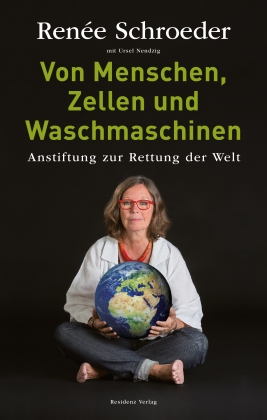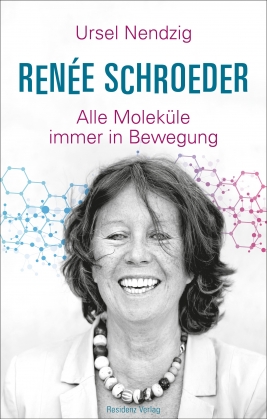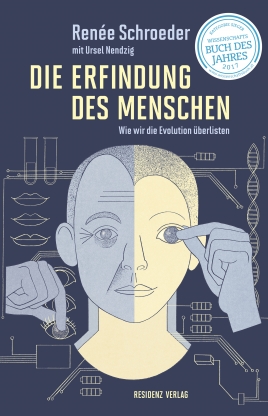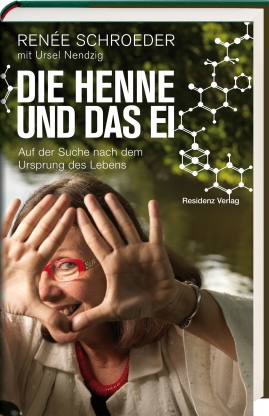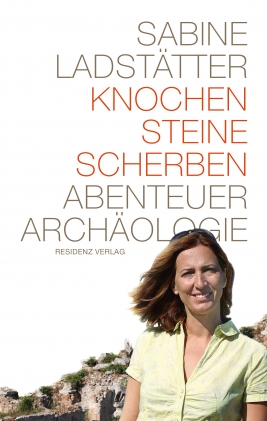… ein im Ton eines Cafégesprächs geschriebenes Manifest des Guten mit vielen Rufzeichen und Aussagen, die so einfach sind, damit es auch jeder Leser und jede Leserin lesen kann.
[Quelle: Peter Illetschko, DER STANDARD]
Renée Schroeder ist keine Wissenschaftlerin die sich hinter dem Schreibtisch verschanzt. Ihre Weltverbesserungsideen sind lebensnah. Sie reichen von der Emanzipation von Rollenbildern und religiösen Dogmen, über freiwilligen Konsumverzicht bis hin zur Entschleunigung und neuen Qualitätsbegriffen.
[Quelle: Ruth Rybarski, ORF/ZIB]
Schroeder unternimmt in ihrer gut durchdachten Streitschrift den Versuch, die Welt zu retten. (…) Verblüffende Einsichten bleibt sie jedenfalls nicht schuldig.
[Quelle: FORMAT]
Wenn es also zwei Typen von Professoren gibt, die, die zeigen wollen wie toll sie sind und jene, die eine Botschaft haben und eine Geschichte erzählen wollen, dann gehört Renée Schroeder zum zweiten Schlag.
[Quelle: KURIER]
Der StadtSpionin liebste Wissenschaftlerin ist sie ja schon länger, in ihrem neuen Buch stiftet Renée Schroeder sympathischer Weise zur Rettung der Welt an.
[Quelle: STADTSPIONIN.AT]
Entstanden ist ein lesenswertes, streitbares Buch, das nichts weniger als eine „Anleitung zur Rettung der Welt” darstellt. Es ist ein Plädoyer gegen die einseitige Fixierung auf Wirtschaftswachstum, dogmatische Religionen und die andauernde Benachteiligung von Frauen.
[Quelle: Karin Chladek, FALTER]
Sie will nicht nur für sich allein denken, sie will es jemandem erzählen.
[Quelle: Konrad Holzer, BUCHKULTUR]
Mutiger Aufruf zum Umdenken
[Quelle: wien.at]
Insofern ist das Buch mehr als eine ,,Anstiftung zur Weltrettung" - eine Anstiftung zum Denken.
[Quelle: Helga Ebenkofler, BUCHMEDIA MAGAZIN]
Reneé Schroeder zeigt auf, wie wir uns und unseren Planeten retten können.
[Quelle: PALETTE]
Dieses populärwissenschaftliche Werk über den Zustand der Welt ist eine Streitschrift, die mit kritischem Auge unser Wirtschaftswachstum betrachtet und den gesättigten Wohlstandsbürger kritisiert, der es sich in seinem konsumorientierten Wohlleben gemütlich eingerichtet hat. (...) Wer Lust verspürt, sich auf neue Denkanstöße einzulassen, sollte die „Anstiftung zur Rettung der Welt“ lesen, im Freundeskreis diskutieren oder als Lehrer in die Schulen tragen.
[Quelle: Barbara Raudszus, EGOTRIP.DE]
